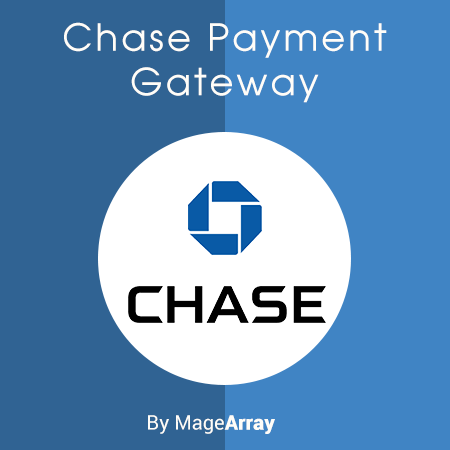

Some customers find that their card has restrictions on the type of purchases it can make.

However, if you notice a card issued in a different country from that which the client IP address corresponds to, that may indicate a legitimate decline due to potential unauthorized card use. For example, if CVC or AVS checks failed upon adding the card, resolving those issues and then re-attempting the charge may result in a successful authorization. When investigating generic or do not honor declines, the accompanying data can give a better picture of why the card may have declined. Additionally, using 3D Secure to authenticate payments may decrease decline rates in countries where it is supported. If you are still experiencing a higher-than-expected number of declined payments, consider collecting this additional data.
#CHASE DOM CARD PAYMENT ADDRESS FULL#
The influence of other data that you collect, such as the full billing address, varies by card brand and country.
#CHASE DOM CARD PAYMENT ADDRESS CODE#
For instance, Checkout can provide feedback to the customer if the card they’re attempting to use is declined, allowing them to try again or use an alternative payment method.Ĭard issuers’ suspicions of fraudulent activity are more challenging to manage, but having customers provide the CVC and postal code when checking out can significantly decrease the number of declines you’re experiencing. Seller_message : "The bank returned the decline code `expired_card`." ,Ĭard issuer declines arising from incorrect card information (for example, incorrect card number or expiration date) are best handled by guiding your customer to correct the error or even using another card or payment method. The card issuer may provide one of these more specific reasons to Stripe through the use of a decline code. In some cases, card issuers also provide helpful explanations, such as the card number or expiration date being incorrect, or that the customer does not have enough funds available to make the payment. If your customer’s card issuer declines a payment, Stripe shares with you as much information explaining the decline as we receive, both within the Dashboard and through the API. These systems analyze various signals, such as your customer’s spending habits, account balance, and card information such as the expiration date, address information and CVC. When a charge is submitted to the issuer of your customer’s card, they have automated systems and models that determine whether or not to authorize it.

This parameter includes the type of payment failure, along with additional information about the reason for it. The reason for a payment’s failure is provided within the payment’s details in the Dashboard and through the API as part of the Charge object’s outcome. There are three possible reasons why a credit card payment might fail:Įach type of failure is handled differently. We continuously work to reduce decline rates for cards processed on Stripe with machine learning and experimentation, along with issuer and network outreach to optimize acceptance rates for all Stripe businesses-often without requiring any changes to your integration. Many payments fail for good reason and do so to minimize the possibility of a fraudulent payment. Member FDIC.Payments can fail for a variety of reasons and it’s frustrating when they result in the loss of legitimate business. Deposit products and related services are offered by JPMorgan Chase Bank, N.A. Products not available in all states.īank deposit accounts, such as checking and savings, may be subject to approval. JPMS, CIA and JPMCB are affiliated companies under the common control of JPMorgan Chase & Co. Certain custody and other services are provided by JPMorgan Chase Bank, N.A. (CIA), a licensed insurance agency, doing business as Chase Insurance Agency Services, Inc. Insurance products are made available through Chase Insurance Agency, Inc. Morgan Securities LLC (JPMS), a registered broker-dealer and investment adviser, member FINRA and SIPC. Morgan Wealth Management is a business of JPMorgan Chase & Co., which offers investment products and services through J.P. Past performance is not a guarantee of future results. Investing involves market risk, including possible loss of principal, and there is no guarantee that investment objectives will be achieved. "Chase Private Client" is the brand name for a banking and investment product and service offering, requiring a Chase Private Client Checking℠ account. is a wholly-owned subsidiary of JPMorgan Chase & Co. “Chase,” “JPMorgan,” “JPMorgan Chase,” the JPMorgan Chase logo and the Octagon Symbol are trademarks of JPMorgan Chase Bank, N.A.


 0 kommentar(er)
0 kommentar(er)
